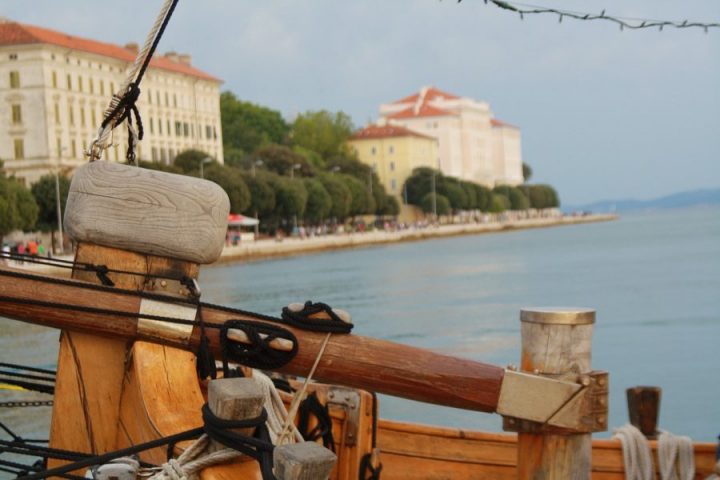Croatia has a rich and long historical heritage, owing to the numerous civilizations that have thrived on the land over the centuries. Every chapter of Croatia’s golden history has left behind its mark on the cultural fabric and continues to exist in the form of the majestic monuments that dot the landscape. These historical sites sing the tales of the diverse culture of the forefathers and offer a glimpse of the medieval Croatian lifestyle. Here are some of the most impressive historical sites of Croatia that every traveler must visit to immerse in the mesmerizing culture of the country.
The City Walls Of Dubrovnik
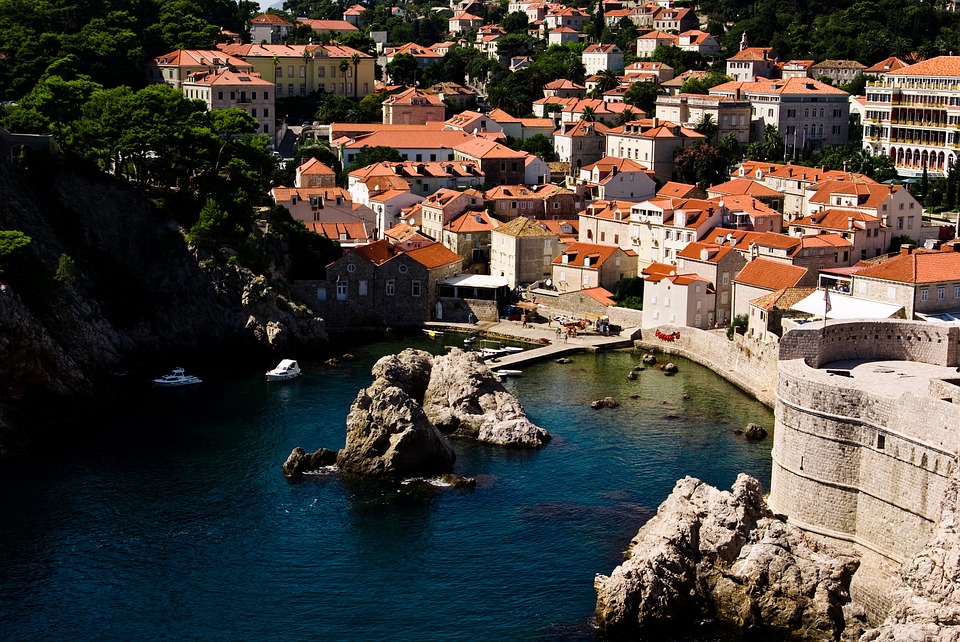
The city of Dubrovnik stands out from the rest due to the massive stone walls that surround the old town. These fortified walls were built in the ancient times to protect Dubrovnik from invaders. They have not lost their grandeur or strength over the years and still form an awe-inspiring sight. There are towers and forts enclosed within this intriguing maze of walls and there are also majestic gates that provide entry to the rustic town that is marked by cobbled streets, tiny cafes, and opulent palaces. These walls are listed on UNESCO World Heritage list and present one of the best examples of the defensive architecture of the region.
Trsat Castle in Rijeka
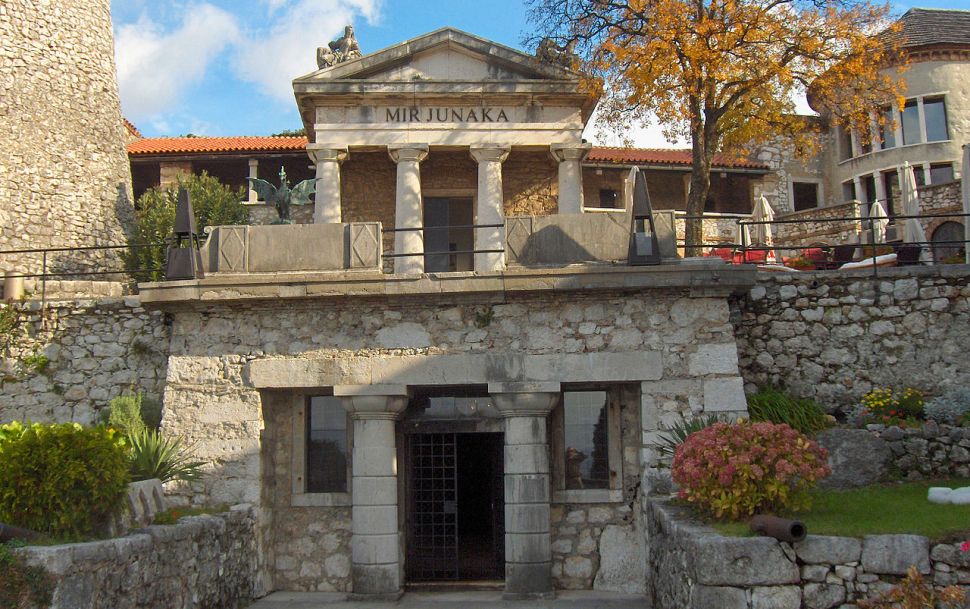
The Trsat Castle is an impressive monument that looms over the city of Rijeka from atop a hill. The castle is believed to have been built at the site of an ancient Illyrian fortress and dates back to the 13th century. It was renovated in the 19th century and at present, its courtyard serves as a restaurant. During the summer months, the fortress is the venue for theatre performances, and the mausoleum of the military commander Laval Nugent also houses a gallery. This castle was used to control the access to Rjecina River in the Roman era and its bastions and ramparts offer breathtaking views of the city.
The Arena in Pula
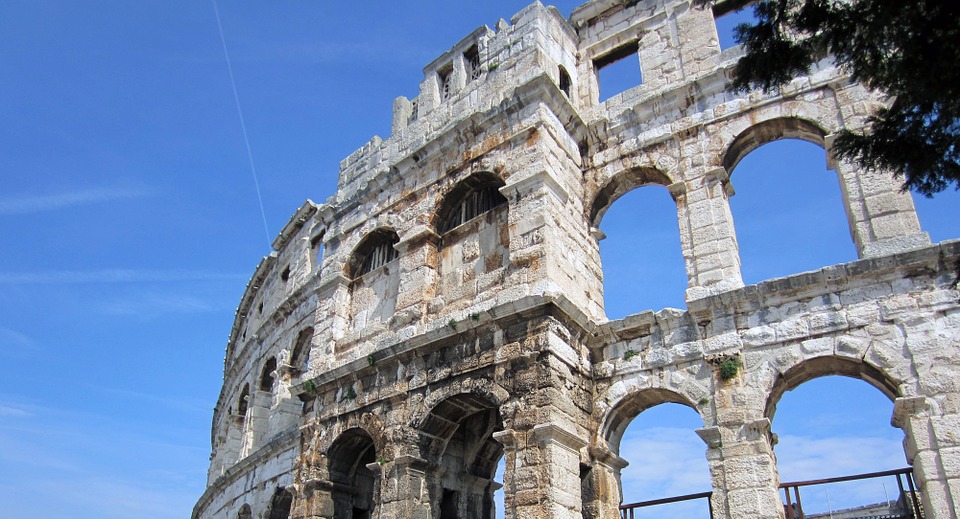
The city of Pula is known for its well-preserved relics from the Roman era and the most iconic symbol of the city is a sprawling Roman amphitheater that lies at its heart. This amphitheater, known as the Arena, dates back to the 1st century and is now the venue for musical concerts and other cultural events. It is the only surviving Roman amphitheater that has four side towers and is often hailed as the best-preserved monument in Croatia. This magnificent monument represents the grand scale of the architecture of the Roman era and is a treat for the eyes. Pula is most definitely a city of culture, but also it is the most desired place to live, so if you are in the market for buying a house in Croatia, take this city into consideration.
Diocletian’s Palace in Split
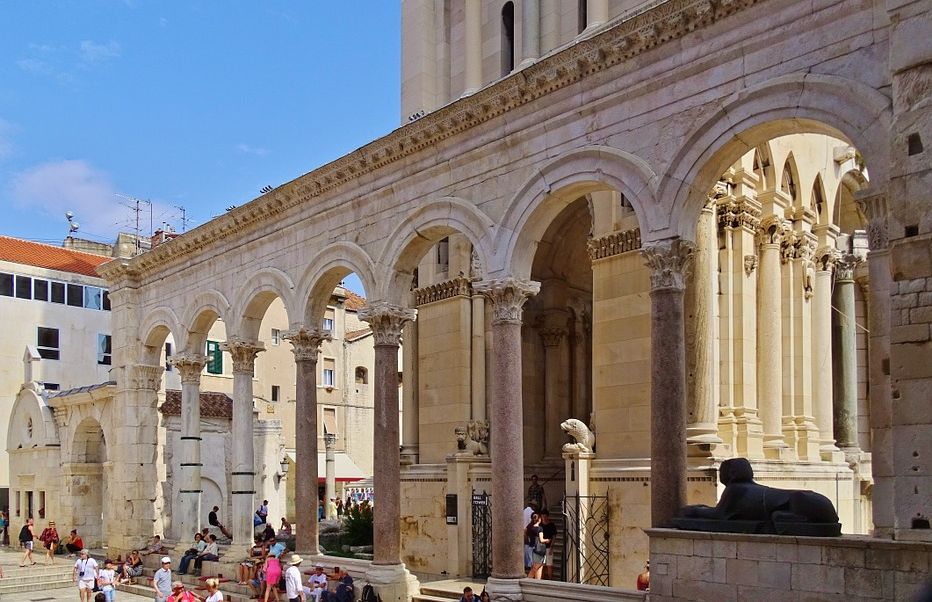
In the enchanting city of Split, you will be greeted by an opulent palace where modern residences and shops co-exist with ancient architecture. The Diocletian’s Palace was originally constructed to serve as a royal residence as well as a fortified city, and its limestone and marble still shine in the sunlight right next to the harbor. While the exteriors possess a royal elegance, the interiors are abuzz with the daily activities of the locals going about their business. This palace is an apt depiction of the Croatian philosophy of moving with the times while holding on to one’s roots.
These are some of the most spellbinding historical sites of Croatia that not only exhibit unparalleled architecture but also shed some light on the local culture. So if you wish to take a trip down the lanes of Croatian history then visiting these stunning sites is an absolute must.
